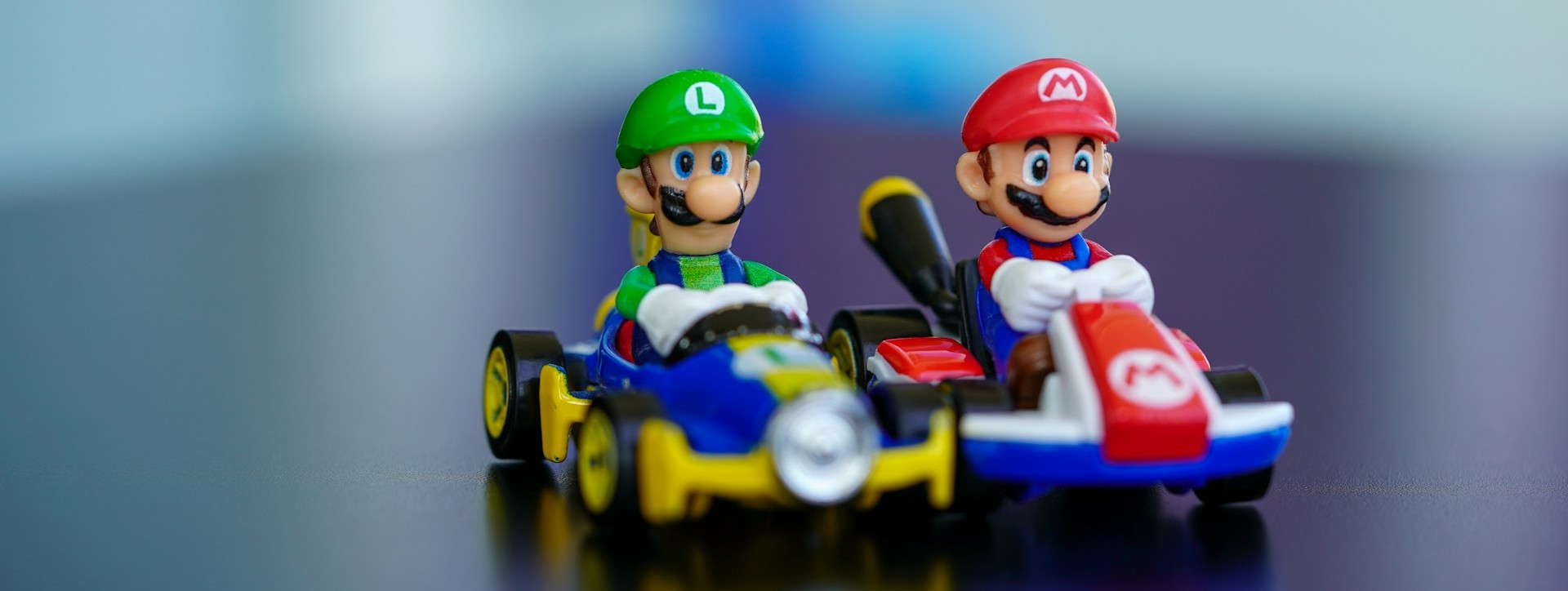A Skeptical Look at DFC Intelligence’s Latest Pronouncements
DFC Intelligence dropped a rather bombastic take on May 15th, heralding the upcoming Nintendo Switch 2 as not just a console, but the “most important product launch in video game history” and a panacea for an industry supposedly “grappling with product delays, rising costs and economic uncertainty.” While enthusiasm for a new Nintendo console is always high, one might be forgiven for arching a skeptical eyebrow at the almost messianic qualities being attributed to this piece of hardware.
Let’s unpack this. DFC boldly claims the Switch 2 will be the “fastest-selling console system ever” and will single-handedly “lift” the entire industry. This is a monumental expectation for any product, let alone in a market as complex and multifaceted as video games. The report acknowledges the significant blow of Grand Theft Auto VI’s delay to May 2026, a title anticipated to drive sales for Sony’s PlayStation 5 and Microsoft’s Xbox Series X/S. With this behemoth pushed back, and “industry tariffs driving up prices,” DFC itself projects a 2% decline in North American console software sales and flat revenue in Europe for 2025.
So, where does this miraculous uplift, leading to an overall 3% growth in global console sales, come from? According to DFC, it’s almost entirely reliant on Japan, where a 25% surge in console software revenue is predicted, thanks to an “aggressively priced” Switch 2. While Nintendo’s resurgence in its home market is undeniable, pinning the hopes of global industry growth on a single region, however strong, and a single console, however anticipated, seems a precarious wager. Can Japanese sales truly offset declines or stagnation in two other major Western markets to such a degree?
DFC has even upped its Switch 2 sales forecast from 15 million to 16 million units for the fiscal year ending March 2026, suggesting it could hit 20 million if not for Nintendo’s “conservative approach to inventory.” This confidence is partly based on the original Switch overshooting its initial sales projections. However, past performance is not always a reliable indicator of future success, especially when DFC itself points to “manufacturing” and “tariff challenges.” If Nintendo is being conservative, perhaps it’s for very good reasons that might cap initial shipments more firmly than DFC hopes.
The assertion that the Switch 2, alongside mobile PC game devices, is “redefining the landscape” to position Nintendo as a “central player in the broader console and PC gaming ecosystem” is another grand claim. Nintendo has always largely played in its own successful, often distinct, space. To suggest it will suddenly become the “primary partner for third-party game publishers” and see the Switch 2 sell “over 100 million units by the end of 2029 making it the leading console system by a wide margin” feels like a significant leap of faith. While third-party support is crucial and has improved for Nintendo, becoming “primary” over platforms with traditionally more horsepower and different established ecosystems is a tall order.
Yes, a new Nintendo console is exciting. Yes, it will likely sell very well. But to position the Switch 2 as the sole Atlas holding up the entire video game world in 2025, especially when facing acknowledged headwinds, feels less like sober analysis and more like wishful thinking. The industry’s health relies on more than one console, however innovative. Perhaps a more tempered, wait-and-see approach is warranted before we anoint the Switch 2 as the undisputed champion and saviour of all things gaming.
